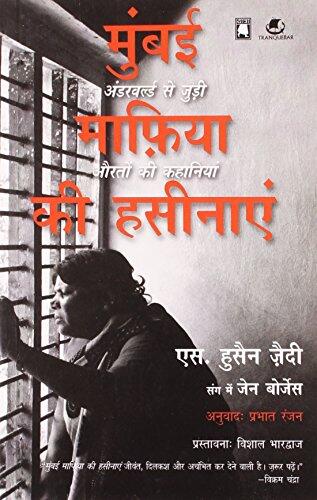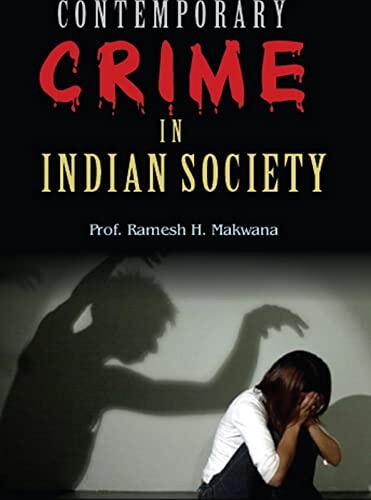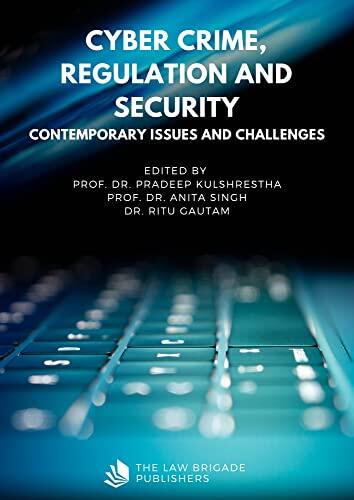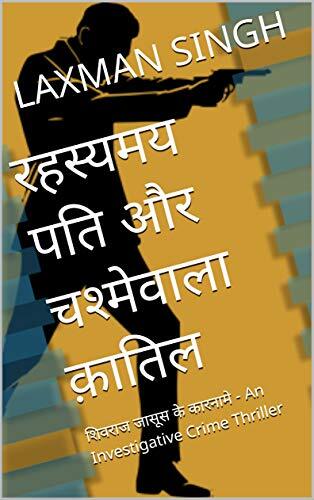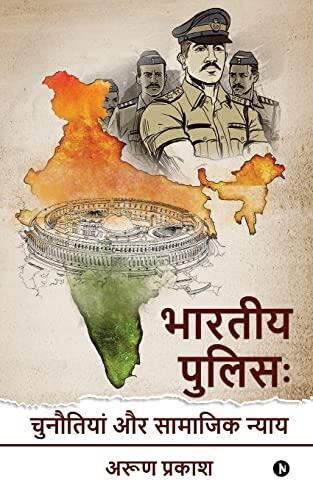
Indian Police: Challenges and Social Justice
还没有评分
Mystery
格式
平装书
页数
138
语言
印地语
已发布
Sep 30, 2022
出版商
Notion Press
ISBN-13
9798887835525
描述
Arun Prakash delves into the intricate landscape of policing in India, shedding light on the challenges that have emerged from colonial legacies and evolving societal needs. The book meticulously examines the historical context of the police system, tracing its roots back to the British-imposed Police Act of 1861, and highlighting how these foundations have impacted contemporary practices.
Through a comprehensive analysis, Prakash explores issues of accountability, governance, and the pressing need for reforms within the police force. He addresses various challenges faced by Indian law enforcement agencies, including corruption, inadequate training, and the struggle to adapt to a rapidly changing social environment. The author emphasizes the critical role of social justice, advocating for a policing system that better serves all segments of society.
Furthermore, the narrative is enriched with case studies and real-life examples that illustrate the complexities of police work in urban and rural settings. Prakash's insights encourage readers to reflect on the necessity of balancing law enforcement with community engagement and support.
Ultimately, the work serves as a vital resource for policymakers, scholars, and concerned citizens interested in understanding the path forward for Indian policing. It calls for a transformative approach that prioritizes justice, efficacy, and the safeguarding of citizens’ rights in the evolving democratic landscape.
Through a comprehensive analysis, Prakash explores issues of accountability, governance, and the pressing need for reforms within the police force. He addresses various challenges faced by Indian law enforcement agencies, including corruption, inadequate training, and the struggle to adapt to a rapidly changing social environment. The author emphasizes the critical role of social justice, advocating for a policing system that better serves all segments of society.
Furthermore, the narrative is enriched with case studies and real-life examples that illustrate the complexities of police work in urban and rural settings. Prakash's insights encourage readers to reflect on the necessity of balancing law enforcement with community engagement and support.
Ultimately, the work serves as a vital resource for policymakers, scholars, and concerned citizens interested in understanding the path forward for Indian policing. It calls for a transformative approach that prioritizes justice, efficacy, and the safeguarding of citizens’ rights in the evolving democratic landscape.
